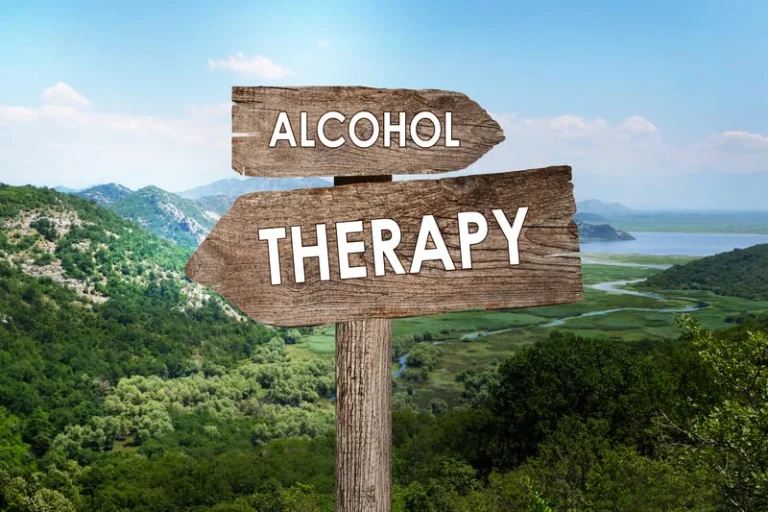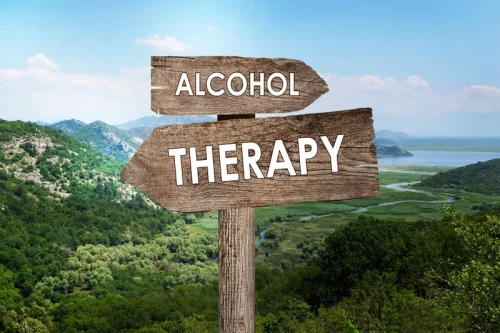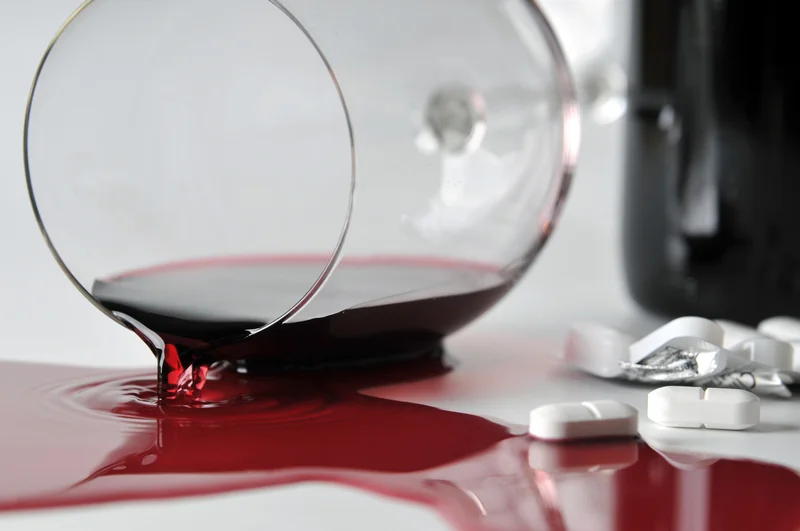
It is derived from grain distillation along with juniper berries for flavor. The name gin comes from the Dutch word for juniper, which is Sobriety genever. If you’re struggling with this kind of control, get in touch with The Providence Projects.
Why does alcohol cause headaches?

Tannins can be found in other drinks including, tea, coffee and chocolate. The astringency from the tannins is what causes the dry feeling in the mouth when you drink these beverages or eat food high in tannins like unripe fruit. The main reason cheap alcohol gives you a worse hangover is because it contains a certain amount of trace alcohols. These alcohols can really mess up your system, https://ecosoberhouse.com/ especially when consumed in higher quantities.

Why does alcohol trigger migraine attacks?
If you have other hangover symptoms, like nausea or dizziness, in addition to your headache, then the likely cause of your headache is alcohol. However, it’s possible to have a migraine headache without having had a beer or a glass of wine. This information is helpful to know if you have chronic headaches. Towards the end of my drinking days, I could barely tolerate beer, which I used to love. After one pint, my nose would get congested, and I’d get a throbbing headache.
Alcohol-related Headache Triggers
There have been several proposed explanations for how alcohol causes headaches. The Liquor Laboratory is intended for adults over the age of 21 and the legal drinking age. Nothing on this website should be taken as professional advice and we always encourage responsible drinking. All content on this website is for informational and educational purposes only. But the effects of inflammation could manifest differently in each person depending on body weight and gender. The symptoms could be reddening of the skin (Asian flush), swelling, or a chronic migraine attack.
- If they trigger migraines look for an alternative without alcohol.
- These genes can influence the chances of experiencing things like headaches even after consuming small quantities of alcohol.
How to Avoid a Headache After Drinking, According to a Headache Doctor
For some people that also includes alcohol, maybe just certain kinds. National Library of Medicine, one-third of migraine sufferers point to alcohol as a trigger. Migraine is a symptom of an underlying condition, and one of the elements of a migraine is a headache. A migraine is headache with other symptoms such as sensitivity to light and sound, nausea, vomiting, aura and more. We know that if we treat the underlying cause, we can make great strides in helping migraine patients live pain-free.
- Drinking plenty of water will help to prevent a hangover and will also help to keep your migraine attacks at bay.
- At higher concentrations of blood alcohol, the drinker might experience hiccups, vertigo, confusion, lethargy, blackouts, vomiting, stupor, coma, and slowed breathing.
- We are inclusive and open-minded treatment providers who keep our clients at the forefront of our treatments and methods.
It is important to note that not everyone who consumes alcohol will experience migraines. The susceptibility to alcohol-induced migraines can vary from person to person, with some individuals being more prone to these headaches due to their unique physiological makeup. One neurotransmitter that is particularly affected by alcohol is serotonin. Serotonin is known as the “feel-good” neurotransmitter and is involved in regulating mood, sleep, and pain perception.
How do you avoid a beer headache?
If you have chronic headaches, identifying and avoiding your triggers can substantially improve your quality of life. To determine if drinking (which may have a weaker correlation with migraines than previously thought) why does rum give me a headache is one of yours, it’s helpful to learn the signs of alcohol-induced headaches. So, before consuming alcohol, you can eat certain foods or stay hydrated to prevent an alcohol-induced headache and possible migraine. Even a small amount of alcohol can elevate blood pressure, trigger inflammation and peptide release, and suppress glutamate activity in the brain, leading to tension headaches. The DAIH is commonly known as the hangover headache, which might typically occur around 12 hours after drinking alcohol.

If migraine headaches continue to cause you grief, look beyond home remedies. At the National Headache Institute, we investigate to find the underlying causes of migraine and headaches. We have created customized plans than have helped more than 12,000 people live the pain-free lives they deserve. So it’s best to make alcohol the single, isolated factor and journal what triggers each migraine. Whenever one comes on, jot down what you last ate, how much sleep you got, what the current environmental factors are, and anything else that may help you to find out what the cause is. This will help your doctor isolate the cause of your migraine and your triggers.


Factors like body weight, gender, age, food eaten, and the type of alcohol consumed do affect how quickly you become inebriated. Alcohol also causes inflammation in the brain, which can aggravate existing headaches. Additionally, hangovers can start right away and the severity will depend on the quantity and type of alcohol you consume. Until you minimize the risk of your other migraine triggers, it can be hard to narrow down a single cause of a headache after drinking. Just keep in mind that some attacks happen without a clear cause.
If you are susceptible to headaches after consuming alcohol, it is best to drink in moderation or avoid alcoholic beverages altogether. However, some people may experience a hangover headache after drinking non-alcoholic beer due to the carbonation and/or dehydration from alcohol consumption. Many of the same tips for preventing a headache after drinking also work for treating one. Hydration and electrolyte replacement is one of the best things you can do to help recover from an alcohol-induced headache.
.jpg)
.jpg)
.jpg)









